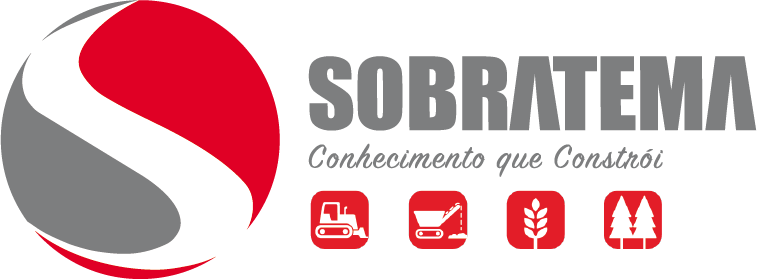Publicado em 25 de fevereiro de 2016
Certification of workers contributes to reduce the impact of work accidents in construction
The first Brazilian system of certification for load handling professionals had its scope widened and is available for operators of conventional cranes, tower cranes, knuckle-boom cranes, overhead travelling cranes and gantry cranes
For Wilson de Mello Jr., director of Certification and Human Development of Sobratema – Brazilian Association of Technology for Construction and Mining, it is not possible to continue to watch passively the high number of work accidents that occur every year in the country without taking any action to change these figures. “In addition to human losses, the impact caused by work accidents in our economy is quite challenging”, explains him. “In a quick calculation based on the figures above, we may estimate that each accident would cost approximately R$ 100,000 for the company”, adds him.
Due to these reasons, Sobratema and ABENDI – Brazilian Association of Non-destructive Tests and Inspection created in 2014 the first system of third-part certification for the area of load lifting and handling based on international standards (ISO 17.024). The purpose of the system is to improve the qualification levels of the professionals involved with equipment that work in construction and mining industry. Its first phase included the functions of Rigger, Rigging Supervisor and Lasher Signalman.
New functions were added this year: operators of conventional cranes, tower cranes, knuckle-boom cranes, overhead travelling cranes and gantry cranes. In the official site of the system (http://abendicertificadora.org.br/icamento/index.html), professionals may see the skills required for their certification. In the case of crane operators, for example, it is necessary to confirm the professional experience as operator of different categories of cranes, in addition to school graduation and confirmation of other operator training and courses, complemented by his ability to develop his function.
The first Brazilian system for certification of people that are working in the area of load lifting and handling gives a series of benefits to the company (higher productivity, labor qualification, less reworking and lower risk of accidents) and to the worker, since it confirms his competence and ensures that he is complying with patterns established by technical and regulating standards.

Av. Francisco Matarazzo, 404 Cj. 701/703 Água Branca - CEP 05001-000 São Paulo/SP
Telefone (11) 3662-4159
© Sobratema. A reprodução do conteúdo total ou parcial é autorizada, desde que citada a fonte. Política de privacidade


